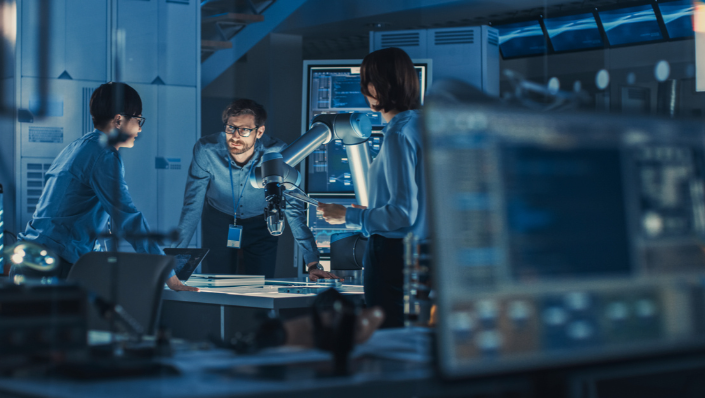Facing AI, the World of Work Needs Digital Skills and Collective Bargaining
Morrissey Technology – The development of Artificial Intelligence (AI) has various impacts on humans. Especially in the employment context. So that AI can continue to provide benefits to the world of work, there needs to be collective bargaining between workers, corporations and AI technology providers.
“To ensure that AI can bring prosperity to humanity, there needs to be a serious policy regarding employment carried out through collective bargaining,” emphasized Celeste Drake, Deputy Director General of the International Labor Organization (ILO) – UN, at the Artificial Intelligence and Implications on the Indonesian Labor Market Forum.
The ILO, the UN organization that focuses on employment issues, also provides a number of additional pre-conditions, to ensure that AI does not necessarily “threaten” existing jobs.
“Efforts need to be made to ensure digital skills and lifelong learning for the workforce, so that they can then utilize AI technology,” said Celeste at the event which was also attended by ICT Watch at the invitation of ILO FOR4D – Jakarta.
He also added that adequate governance regarding the use of AI in the world of work also needs to be in place. “Which AI can be used and which should not be used, there needs to be governance,” he stressed.
According to him, with adequate AI governance, anticipatory steps can be taken to minimize discrimination against workers related to the use of AI technology or the recommendations produced by it.
The ILO is currently studying in depth and continuously whether and how AI technology can disrupt the employment sector. This is for example how algorithmic management practices are often associated with work efficiency and effectiveness, such as ranking systems, supervision and control through tracking devices, online recording of working hours, the use of various forms of work, and so on.
In a study included in ILO Working Paper 96 as of August 2023, it was shown that most jobs and industries are exposed to AI only in automation and are more likely to “supplement” rather than “replace” with the latest Generative AI technologies, such as chatGPT. Therefore, according to the ILO, the biggest impact of AI technology is likely not to be the loss of jobs, but rather the potential changes to the quality of work, especially work intensity and autonomy.



